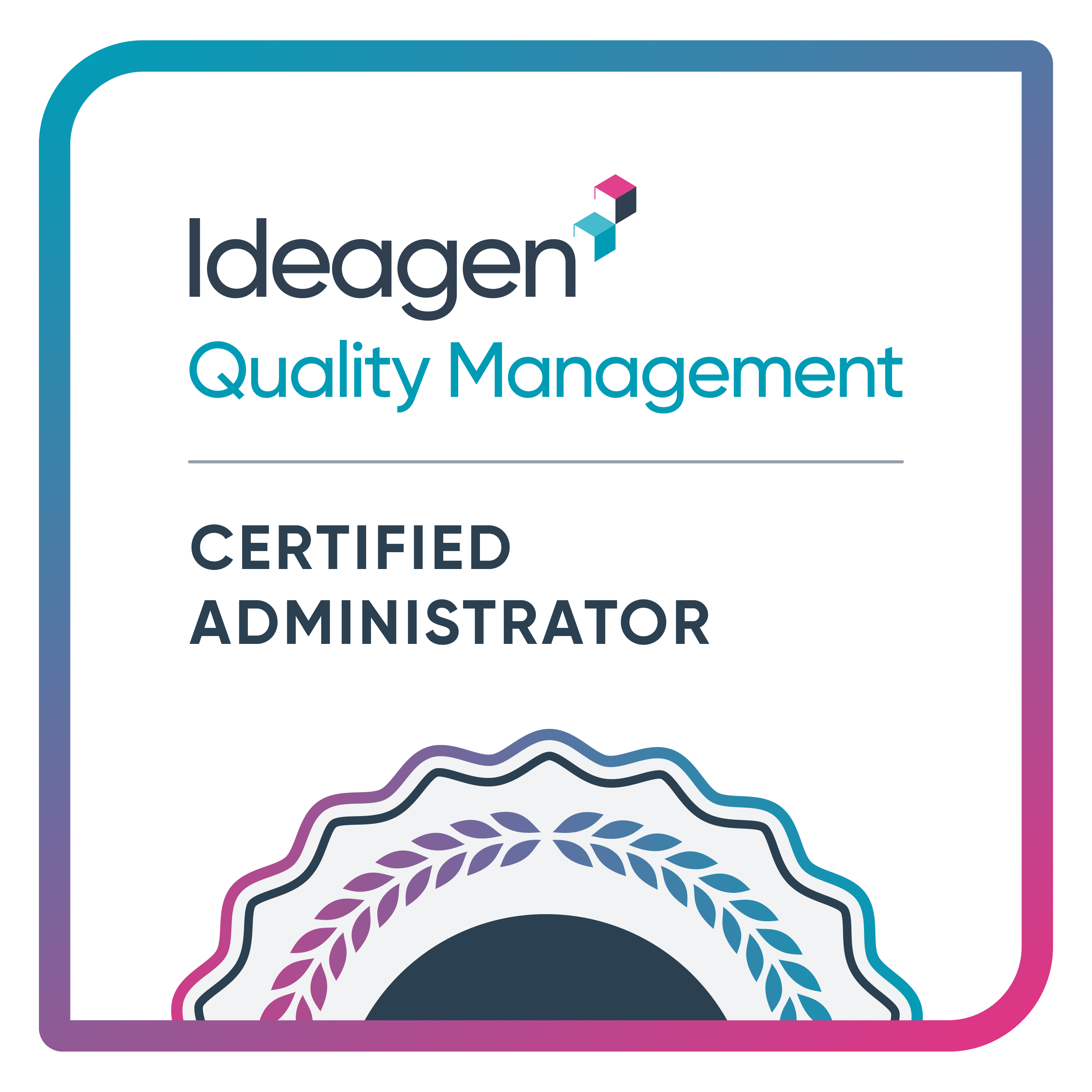Looking for help?
Common queries
Send us feedback
We'd love to hear your thoughts on features, usability, or what you love about Ideagen Luminate.
Navigating safety in regulated industries: The essential guide for growth

![]() Rebecca Watson
Rebecca Watson

From maintaining operational efficiency to ensuring employee wellbeing, safety is a critical factor that can make or break a business.
It isn't just the moral responsibility of complying with guidelines and regulations that govern the welfare of workers, consumers and the general public; it's also about how an organization operates and protects its processes and systems to enable it to grow sustainably.
Regulated industries face unique and complex safety challenges in today's unpredictable world. It was therefore important that when designing the agenda for Frontier, our upcoming virtual summit taking place on November 8, 2023, we included safety-focused sessions to help companies navigate these issues.
Industry experts will share valuable insights on redefining your strategy for safeguarding your business, operations and personnel for a more secure and resilient future.
Ahead of Frontier, we thought we'd look at the key elements regulated industries need to focus on when it comes to 'total safety' in their business.
Keeping employees safe
The safety of people is clearly at the top of any organization's priority list. Robust safety measures and protocols and a comprehensive environmental, health and safety (EHS) management system protect your company, customers and colleagues.
Creating a genuine safety culture means encouraging incident reporting at all levels of your business and establishing a framework for collecting precise and timely data. This will enable you to quickly manage hazards and reduce risks, resulting in significant safety improvements and enhanced EHS performance across your organization.
Establishing a safety-first workplace culture can also help to enhance employees' overall wellbeing. These environments encourage cohesive teamwork, communication and trust, where individuals are valued and empowered.
Workers who feel safeguarded can focus on their tasks without fear or distractions. As a result, this drives operational excellence and business profitability. According to research conducted by the Occupational Safety and Health Administration (OSHA), employers that adopted health and safety management systems reported a "transformed workplace culture", leading to "higher productivity and quality, reduced turnover and costs and greater employee satisfaction."
The importance of mental wellbeing in physical safeguarding will be a focal point at Frontier, providing attendees with practical solutions for cultivating a resilient workplace safety culture and promoting employee engagement to maximize success.
Navigating unforeseen risks
Regulated industries traditionally require a comprehensive approach to risk management across all organizational operations. With AI and cloud systems revolutionizing how businesses operate, safety measures must now go beyond the confines of physical work environments and extend into cyberspace.
Cyber threats pose a major risk to companies, highlighting the importance of effectively managing online security to protect sensitive data. Recent trends in cybersecurity, coupled with regulatory requirements, make this an aspect that should not be overlooked. Frontier's agenda is prioritizing this issue, inviting leading experts to share their advice on managing unforeseen cybersecurity risks, and demonstrating the significance of safety in this area.
As businesses in regulated industries aim for growth, they must keep safety at the forefront. By developing a safety-first culture, organizations can ensure compliance, minimize legal and financial risks, and build a reputation as a trusted industry leader. In addition, when safety is embraced as a critical factor, operational efficiency and employee engagement flourish, setting the stage for progress and success.
Learn more about safety insights and how to future-proof your business by securing your seat at Frontier.

Enter your E-mail address. We'll send you an e-mail with instructions to reset your password.






